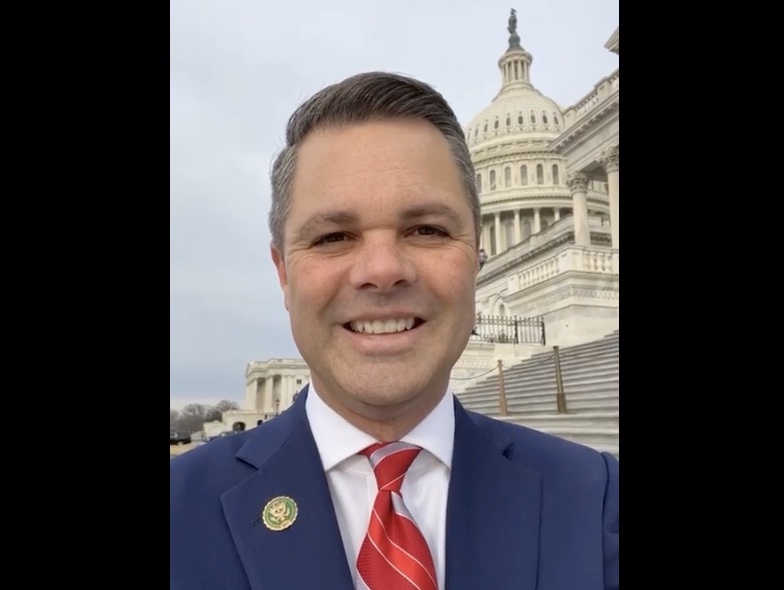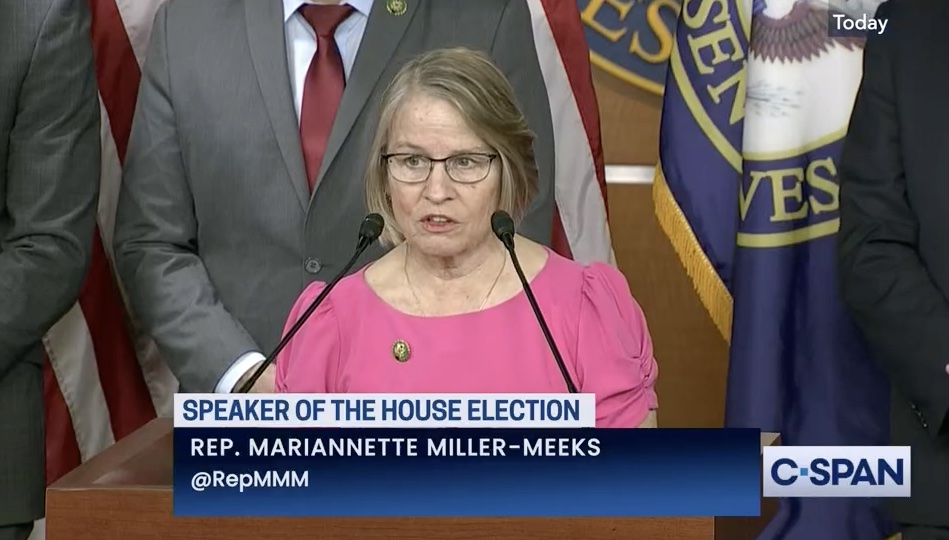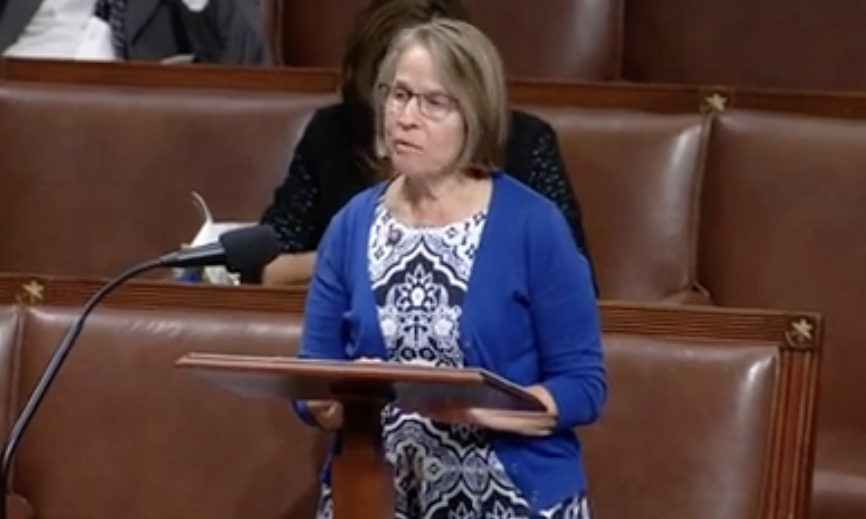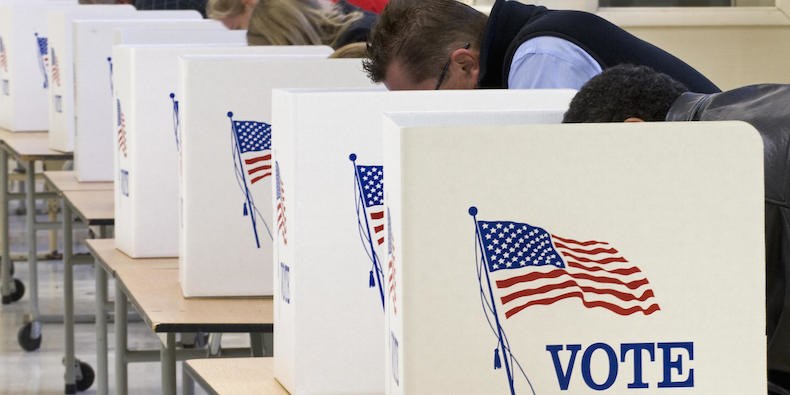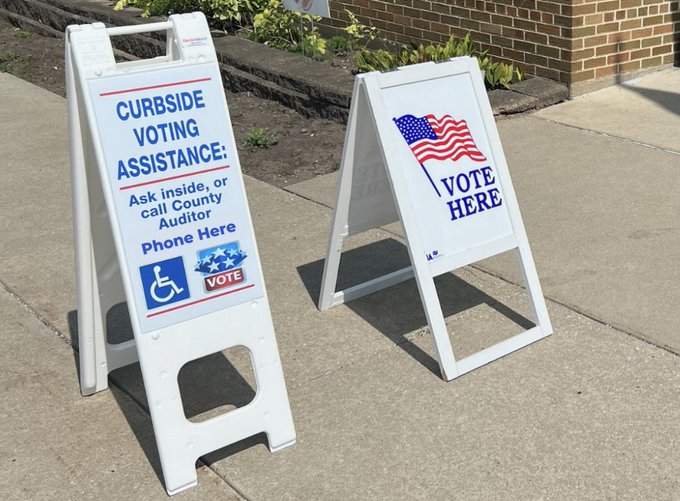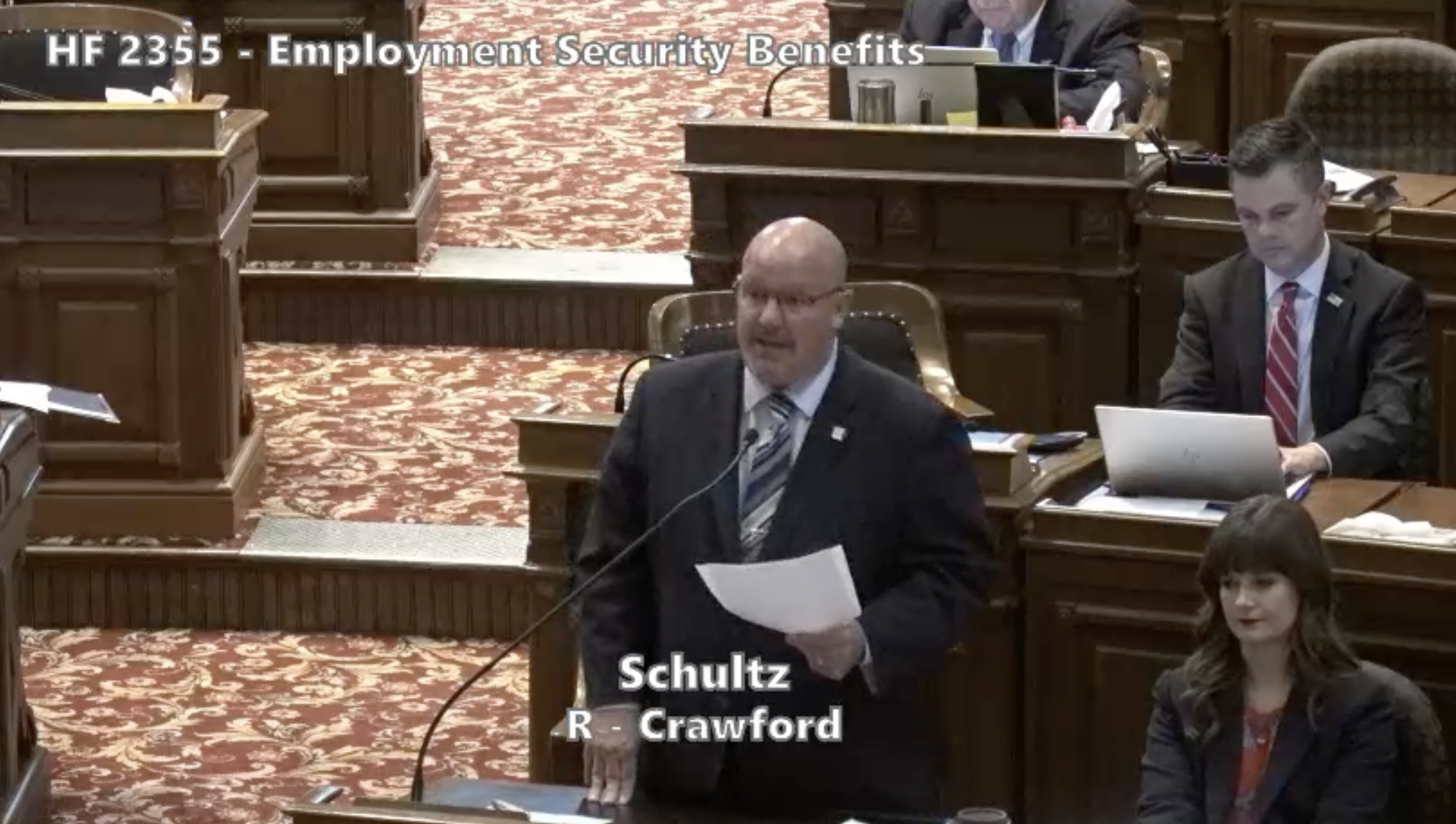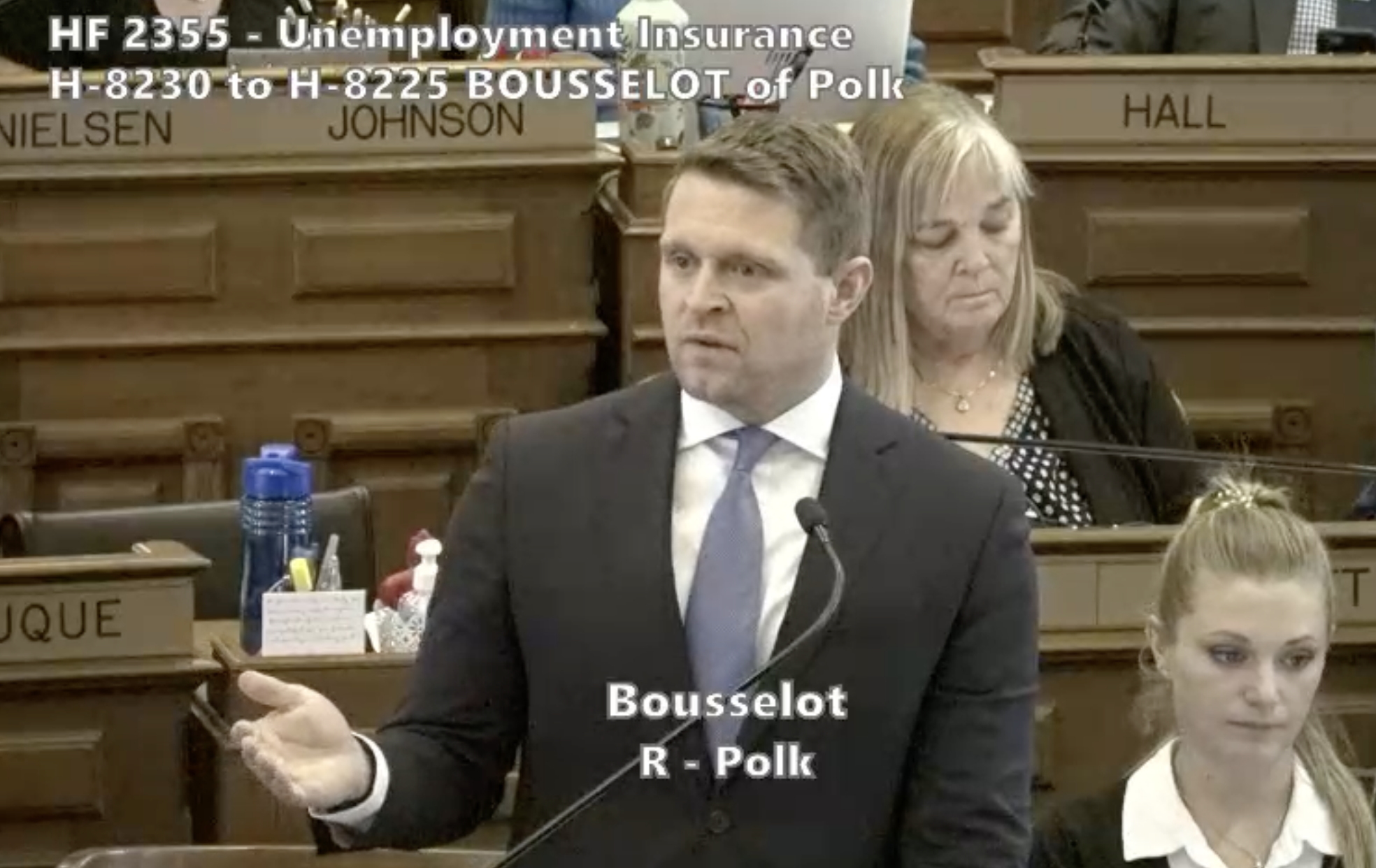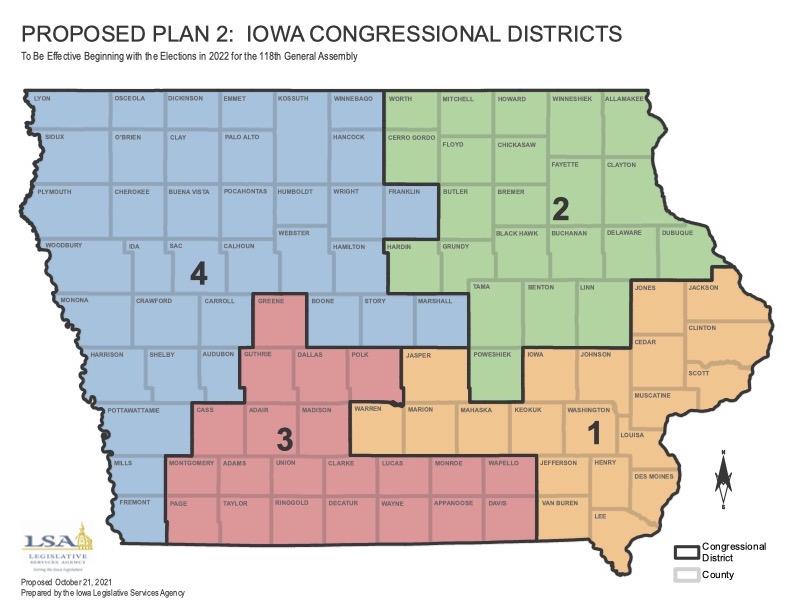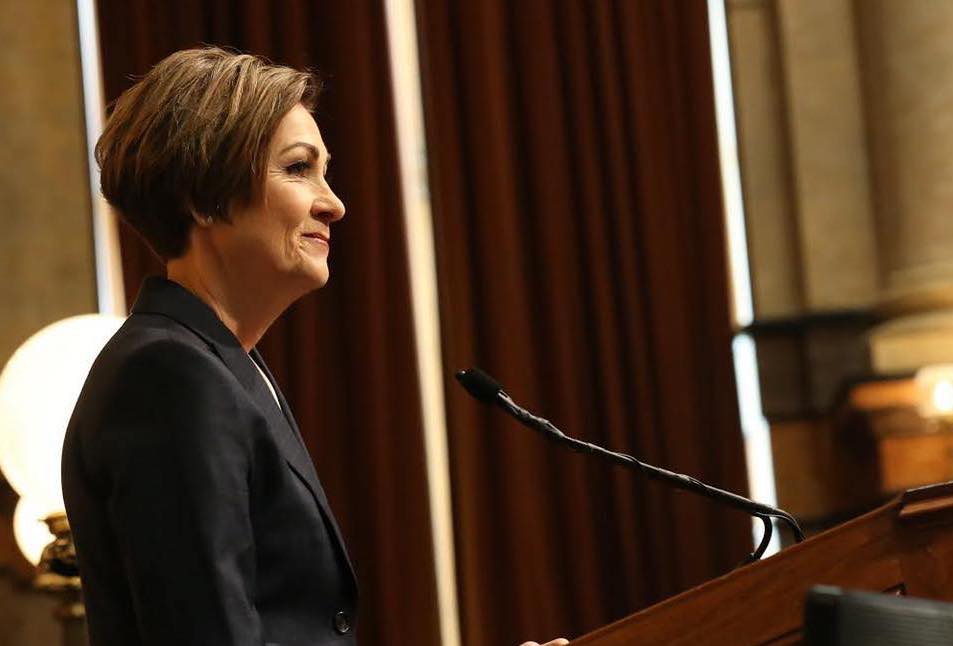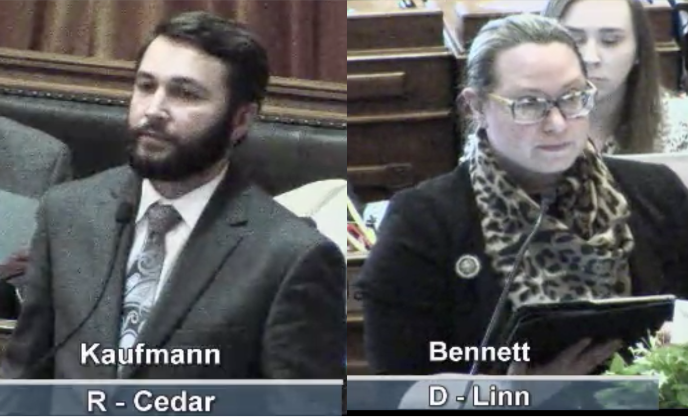The Iowa Senate convened for its 2021 session on January 11 with 31 Republicans, eighteen Democrats, and one vacancy in the district formerly represented by Mariannette Miller-Meeks. A record twelve senators are women (seven Democrats and five Republicans), up from eleven women in the chamber last year and double the six who served prior to 2018.
I enclose below details on the majority and minority leadership teams, along with all chairs, vice chairs, and members of standing Iowa Senate committees. Where relevant, I’ve mentioned changes since last year’s legislative session. A few committees have new Republican leaders.
All current state senators are white. The only African American ever to serve in the Iowa Senate was Tom Mann, elected to two terms during the 1980s. No Latino has ever served in the chamber, and Iowa’s only Asian-American senator was Swati Dandekar, who resigned in 2011.
Some non-political trivia: the 50 Iowa senators include two Smiths, a Democrat and a Republican, and two Taylors, a Democrat and a Republican. As for first names, there are three Jeffs, three Zachs, and two men each named Craig, Mark, Dan, Jim, and Tim.
UPDATE: Republican Adrian Dickey won the January 26 special election to represent Senate district 41, giving the GOP a 32-18 majority. After he’s sworn in, I’ll note his committee assignments below.
Continue Reading...








